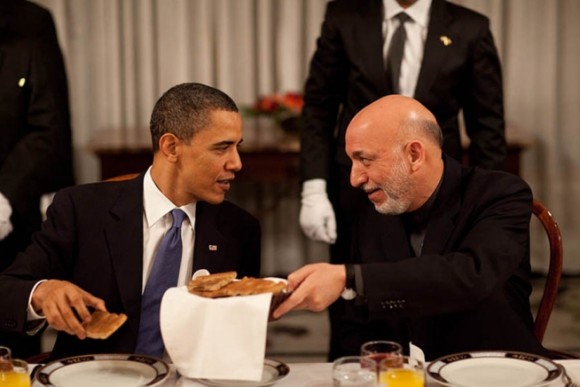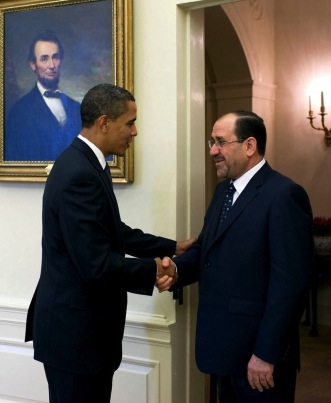The verdict is in. All civilized people must hate Dennis Rodman. Politicians from John McCain to John Kerry, and pundits from Bill O’Reilly to Chris Matthews are outraged that any American, let alone the eccentric Rodman, would travel to the land of the third member of the Axis of Evil. Earlier this week, Rodman, along with six fellow former NBA players, left for North Korea where they played an exhibition basketball game against a team of North Koreans. The game took place in front of North Korean dictator Kim Jong Un, as part of Kim’s birthday celebration. American politicians and pundits across the board are aghast, and most Americans are not far behind them in their hysteria. The atmosphere evokes George Orwell’s "Two Minutes Hate" sessions from 1984, where citizens of Oceania are forced to watch daily video shorts depicting scenes of Oceania’s enemies in order to keep the Oceanic people frenzied with war fever. Similarly, any deviation from McCain’s or Clinton’s hardline hatred of our mortal enemy North Korea borders on treason. The nightly headlines detailing Rodman’s idiocy are constant.
Is Rodman’s trip really that bad? I don’t think so. In fact, I think it’s an extremely positive step in the right direction if one is truly concerned with the freedom of North Koreans. For one thing, can anyone name a single thing that the State Department has done to normalize relations between our feuding governments? Have Hillary Clinton, John Kerry, or any other so-called diplomats spoken with their North Korean counterparts, let alone traveled there to show solidarity with North Korean citizens? Not that I know of. I don’t care if the North Korean government is "unreasonable" or "insane". That’s a state diplomat’s sole job, to forge peaceful and harmonious relationships with other state actors, no matter how difficult they may be.
How any government official could call herself a diplomat when her first instinct in statecraft is to issue harsh condemnations, threats and ignite cold wars is beyond me. Diplomats are supposed to be peacemakers, not antagonists. If I didn’t know better, I’d think the State Department & Co. are more interested in maintaining preselected foreign enemies than they are in peacemaking. But the State Department’s propensity for feuding is part of a larger problem — government’s utter inability to give repressed foreigners their freedom. Governments have only one arrow in their quiver: Force. When there is a problem, foreign or domestic, force is the government’s only answer.
For what tools does a state actually have in foreign policy? Sanctions. Threats of war. Actual war. Foreign aid. That’s it. All involve violence, real or threatened, and in the case of foreign aid, theft and grotesque cronyism. Of course, a Secretary of State could travel to a foreign country just as Rodman has done, but what good would such a visit do? At the end of the day, a politician’s visit would be nothing more than one master telling another master how to treat his subjects. North Koreans, and all other unfree persons, need less masters and more experience. The experience that comes from seeing other cultures and from learning that there is an entire world outside their own small country. No, Rodman and six old NBA players may not be the major dose of culture that’s going to set the North Koreans free. But it’s a start. A start at opening up North Korea to outsiders who bring with them a diversity of appearance, lifestyle and opinion, all things that are celebrated here in the United States.
Continue reading “Privatizing Diplomacy – Dennis Rodman Style”





 That is about as deep as I’ve seen any news source go into what has happened. While it’s not untrue, it is just too superficial and dangerously excludes crucial details that are indispensable to an accurate understanding of what is going on.
That is about as deep as I’ve seen any news source go into what has happened. While it’s not untrue, it is just too superficial and dangerously excludes crucial details that are indispensable to an accurate understanding of what is going on.